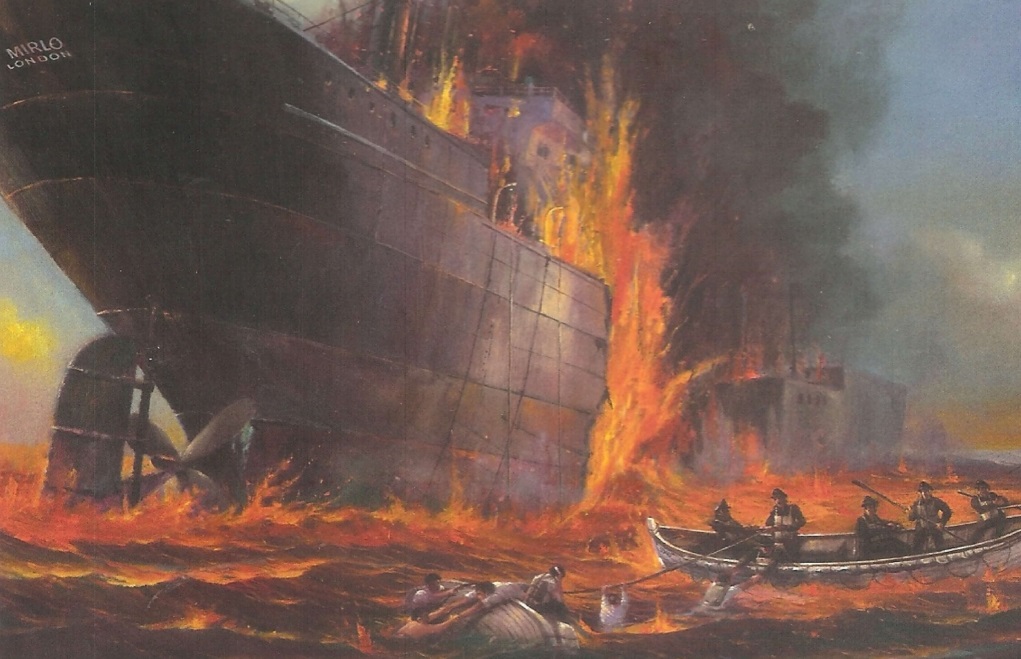-
Mariel—Coast Guard Operations during the 1980 Cuban Exodus
—The size of the refugee flotilla was staggering. Trailered boats were lined up 50 to 100 deep in Key West waiting their turn to be launched. This went on for between 36 to 48 hours; residents could hear the activity around the clock.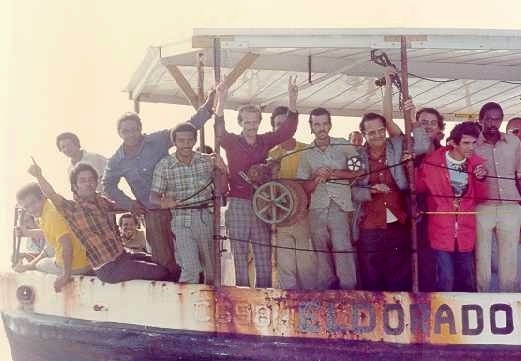
-
Jimmy Crotty—Joint forces hero of the Pacific War
—Mine sweeper, demolitions expert, and hero of Corregidor, Crotty served as a member of the Coast Guard, Army, Navy and Marine Corps.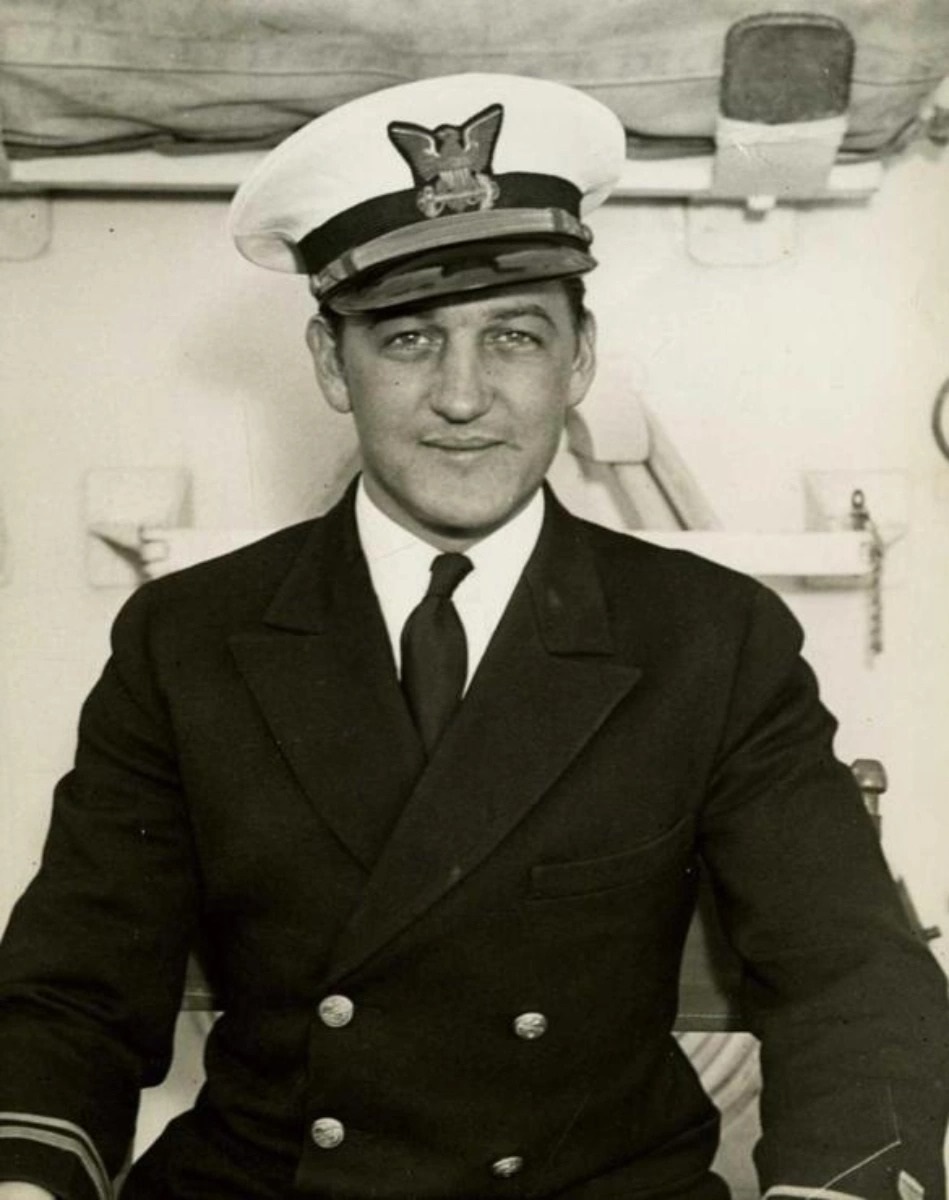
-
Hoyle’s Hell—Coast Guardsman masters the bloody beaches of the Pacific
—Not every American amphibious assault in the Pacific was a bloodbath. Some were executed with considerable strategic acumen and tactical guile. Eniwetok would be Hoyle’s finest and toughest hour as a Beachmaster.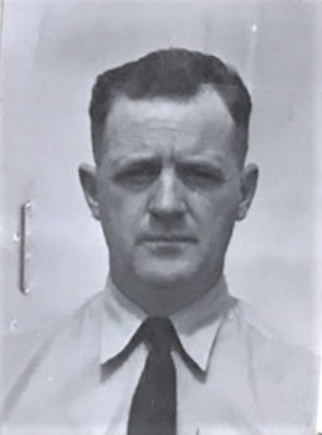
-
Saving Sunbeam—a deadly human trafficking case over 100 years ago
—After the schooner rolled over and disappeared beneath the surface, the only evidence that the vessel had ever been there were a single lifeboat with two persons aboard, and around half-a-dozen men thrashing in the frigid water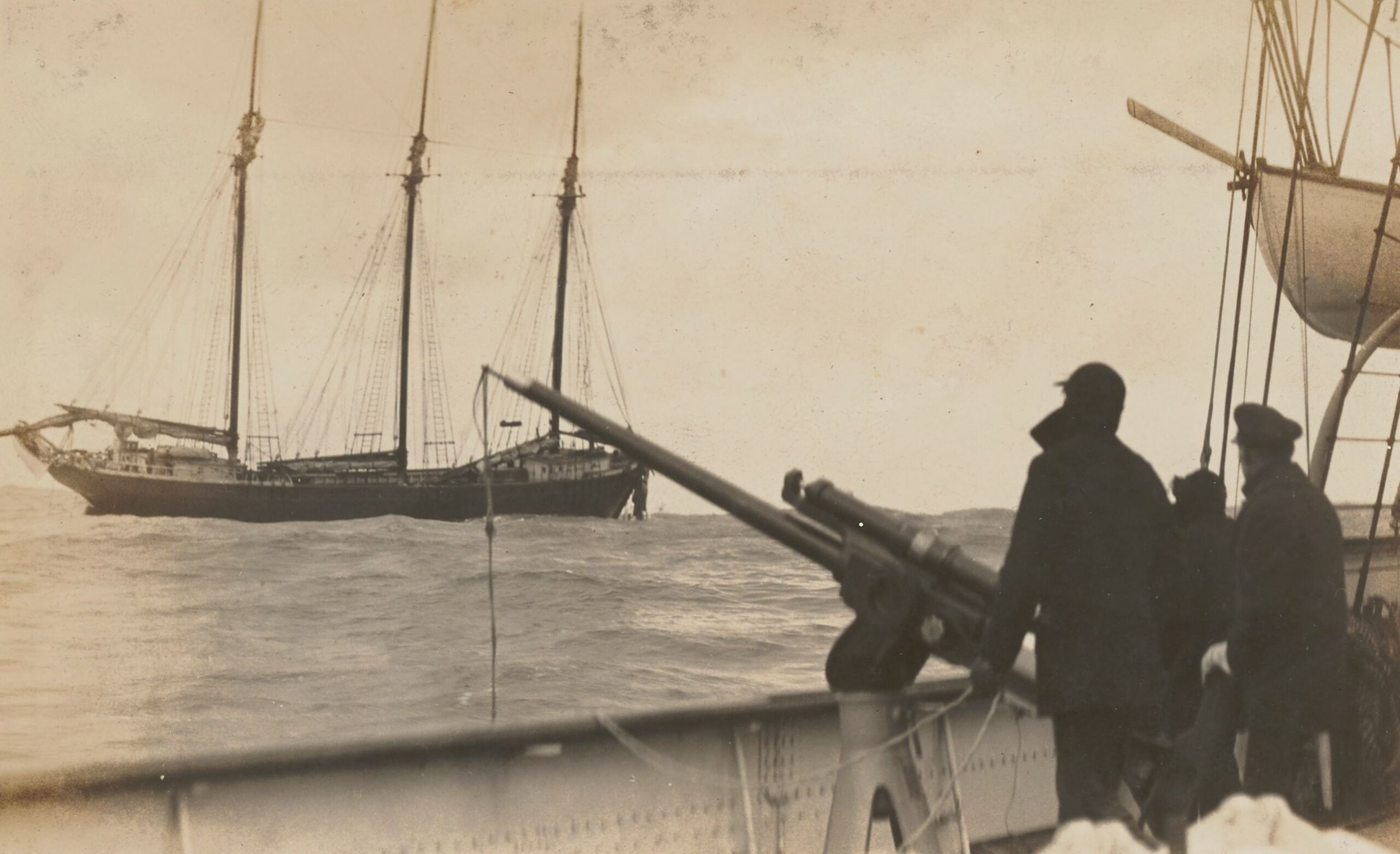
-
LEDETs—Over 40 years of law enforcement boarding missions
—Vessel boarding has been a time-honored skill set of the Coast Guard since its founding in 1790.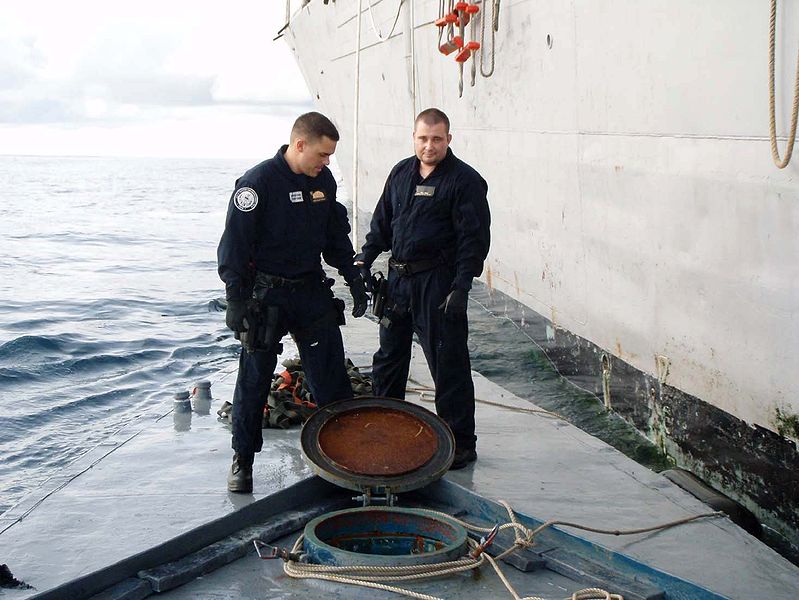
-
AST3 Bean and the Selendang Ayu disaster 20 years ago!
—A Coast Guard Aviation Survival Technician fights to rescue the crew as the freighter breaks in two.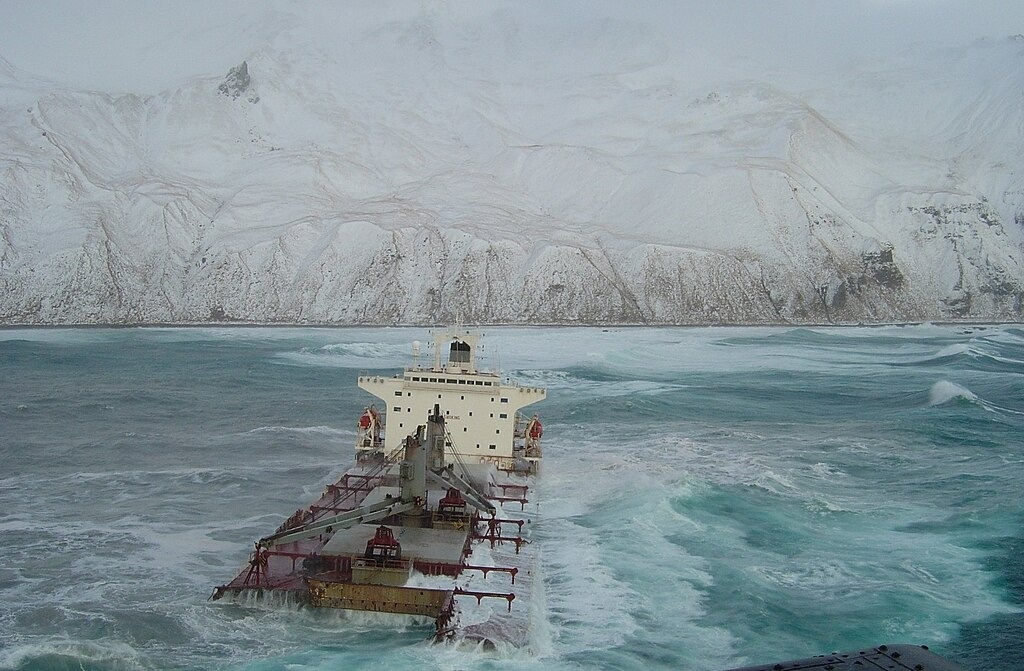
-
MCPOCG #1 Charles Calhoun—leader, mentor, trailblazer and NSC namesake
—“Charlie remembered the overall feeling of frustration at the lack of communication, or “voice,” in matters that affected every sailor in the field.”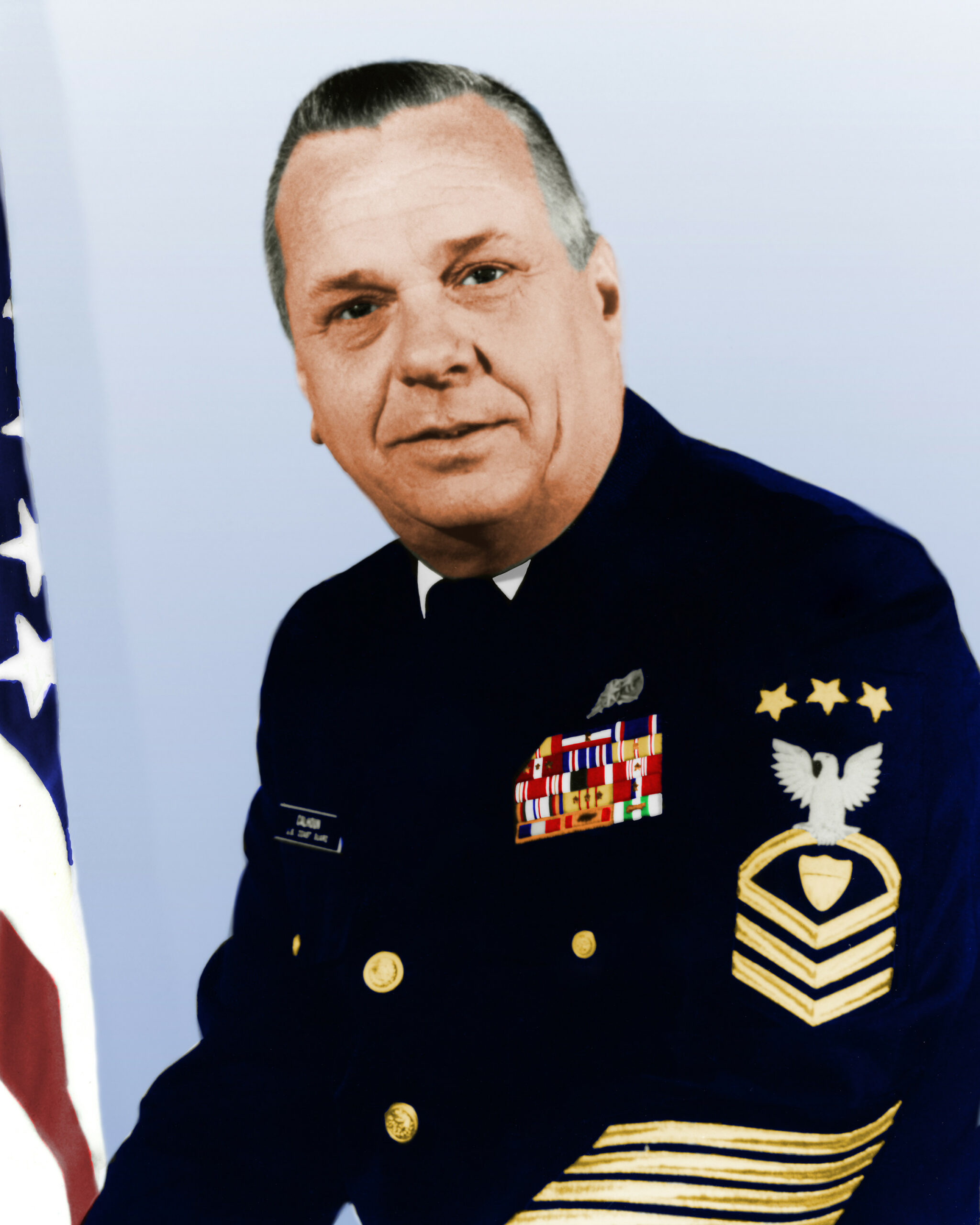
-
80th Anniversary of the Leyte liberation—Merry Christmas from General MacArthur and the Coast Guard
—On Dec. 25, 1944, after a six-week campaign to liberate the Philippine Island of Leyte, Allied forces under General Douglas Macarthur were mopping up the last vestiges of Japanese resistance.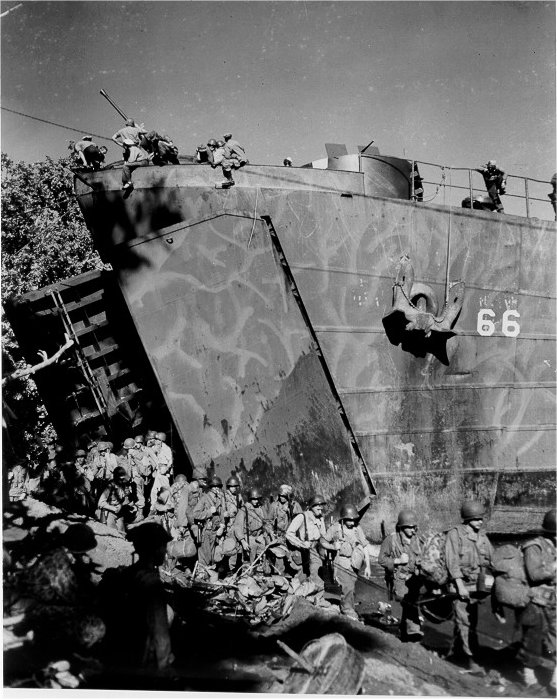
-
Lighthouses and the history of “The Flying Santa”
—Beginning in the Great Depression, aviator William “Bill” Wincapaw began the tradition of “The Flying Santa” to show his appreciation for the dedication and self-sacrifice of Maine’s lighthouse keepers and their families for standing the watch in isolated and often inhospitable locations.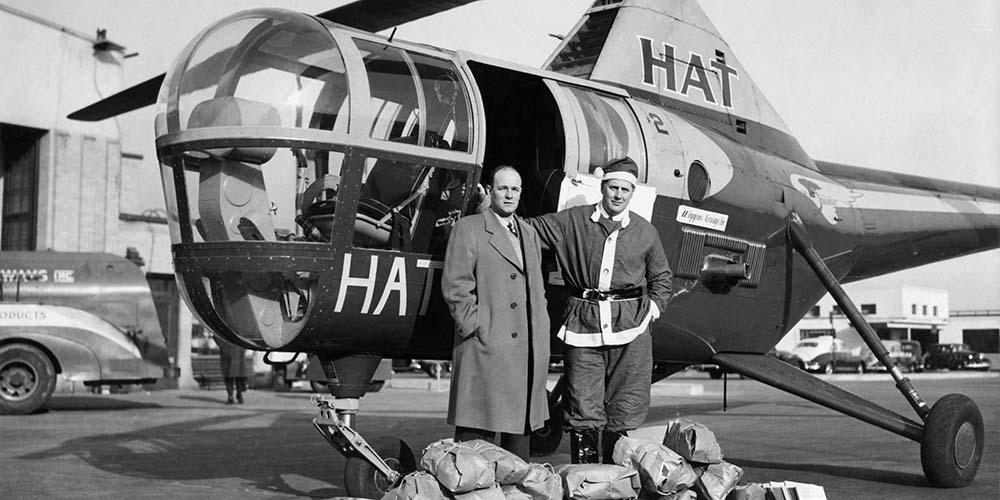
-
Mirlo Rescue — the Coast Guard’s baptism of fire!
—Despite any fears Chicamacomico station keeper John Allen Midgett had about entering the flames surrounding the tanker, he mustered his crew and initiated rescue operations within minutes of the explosion.